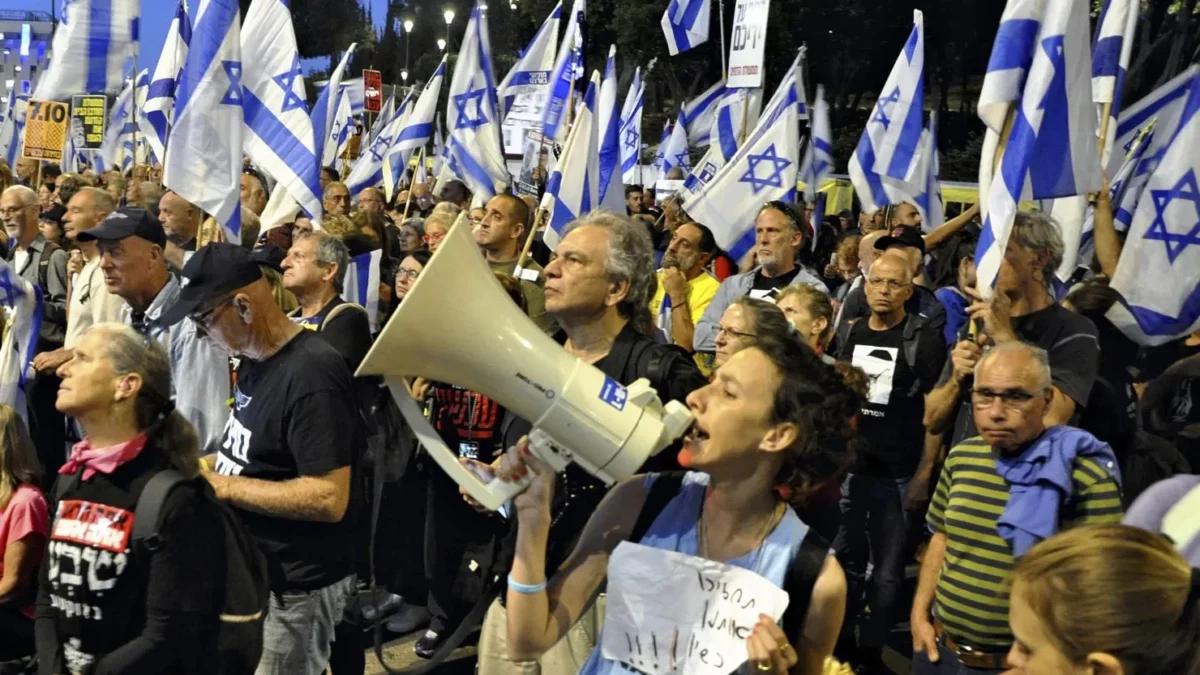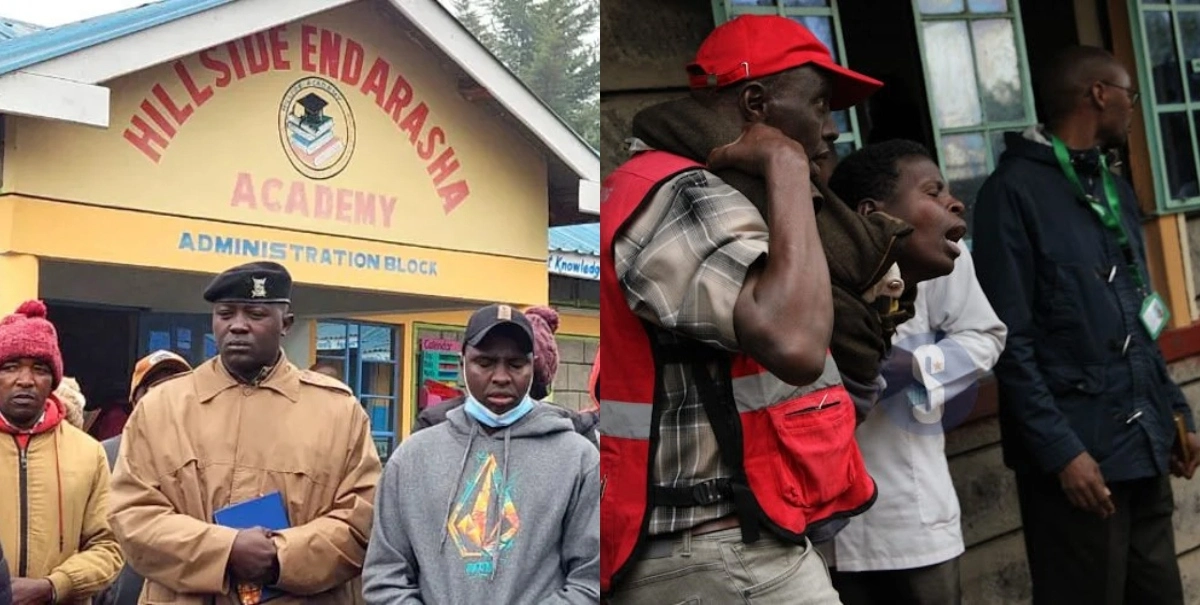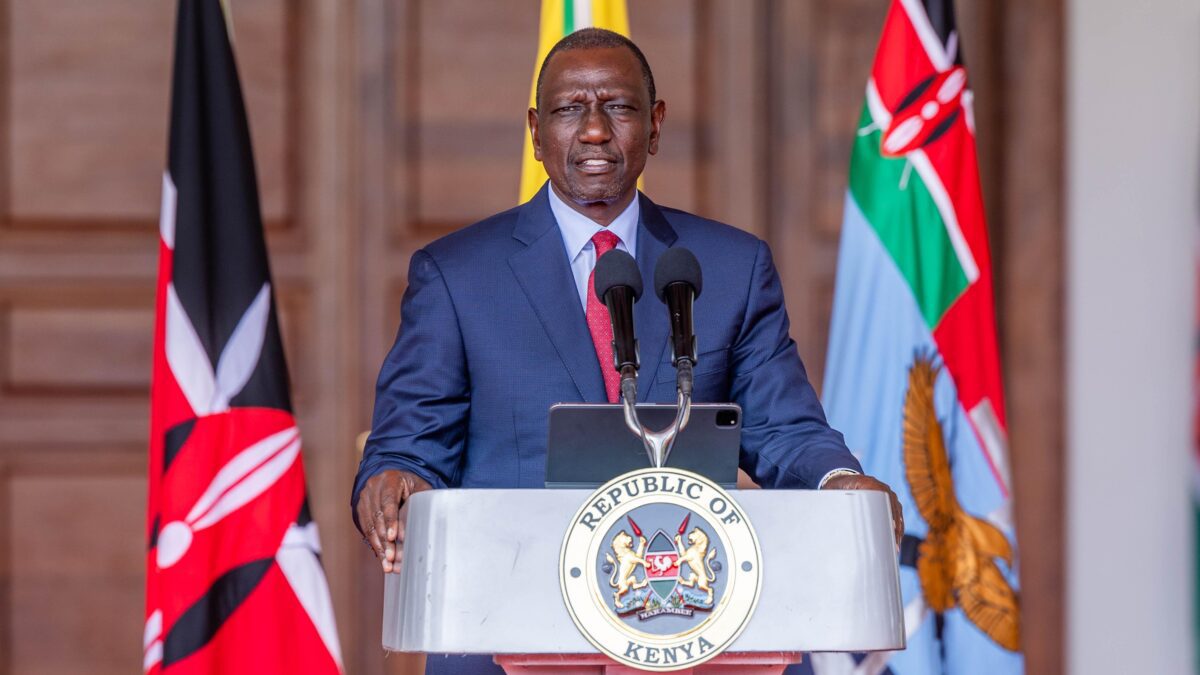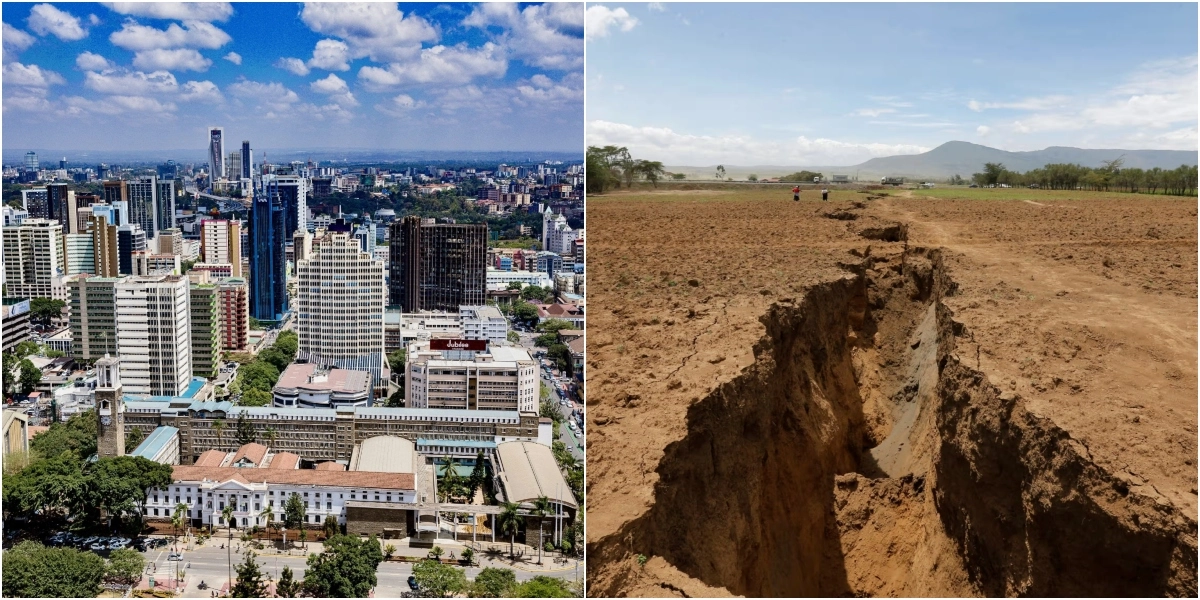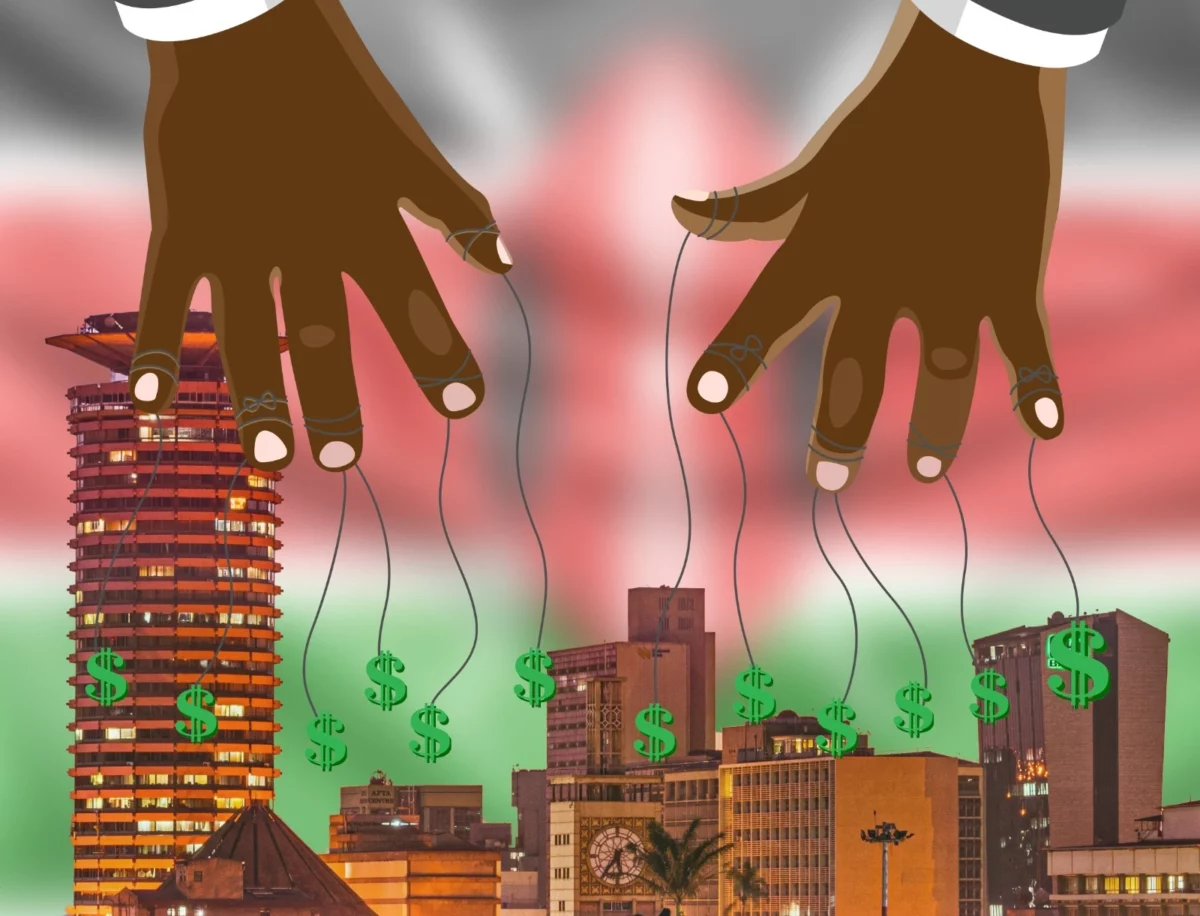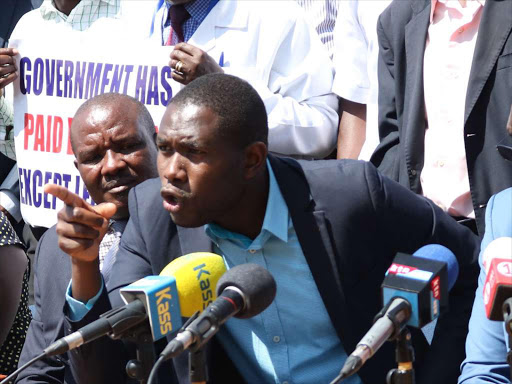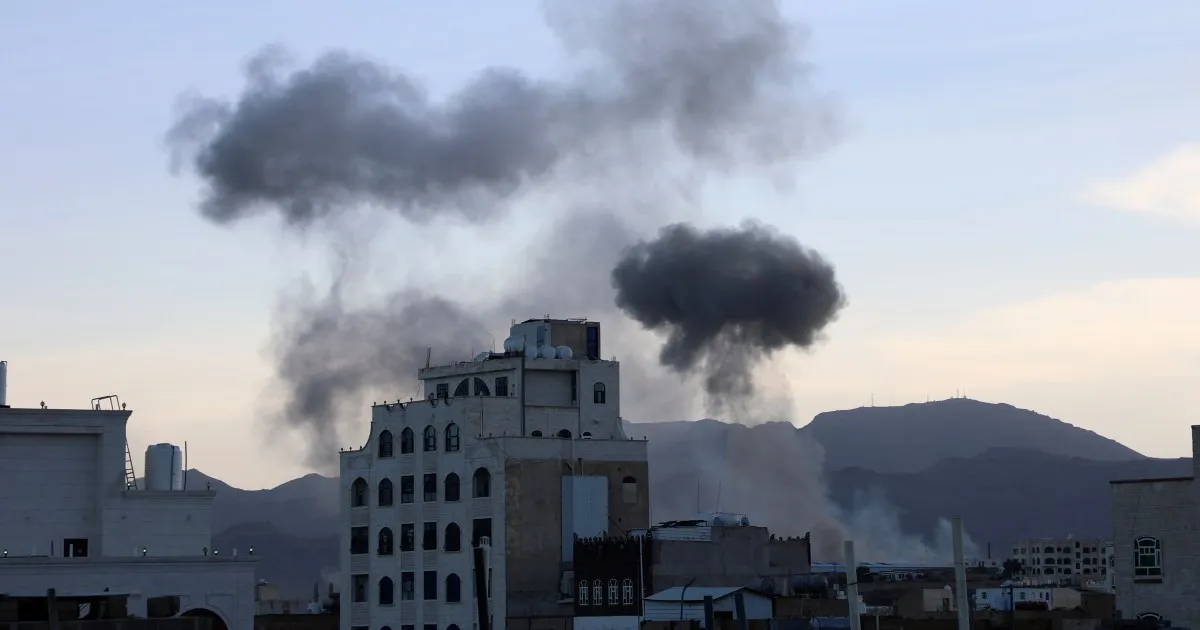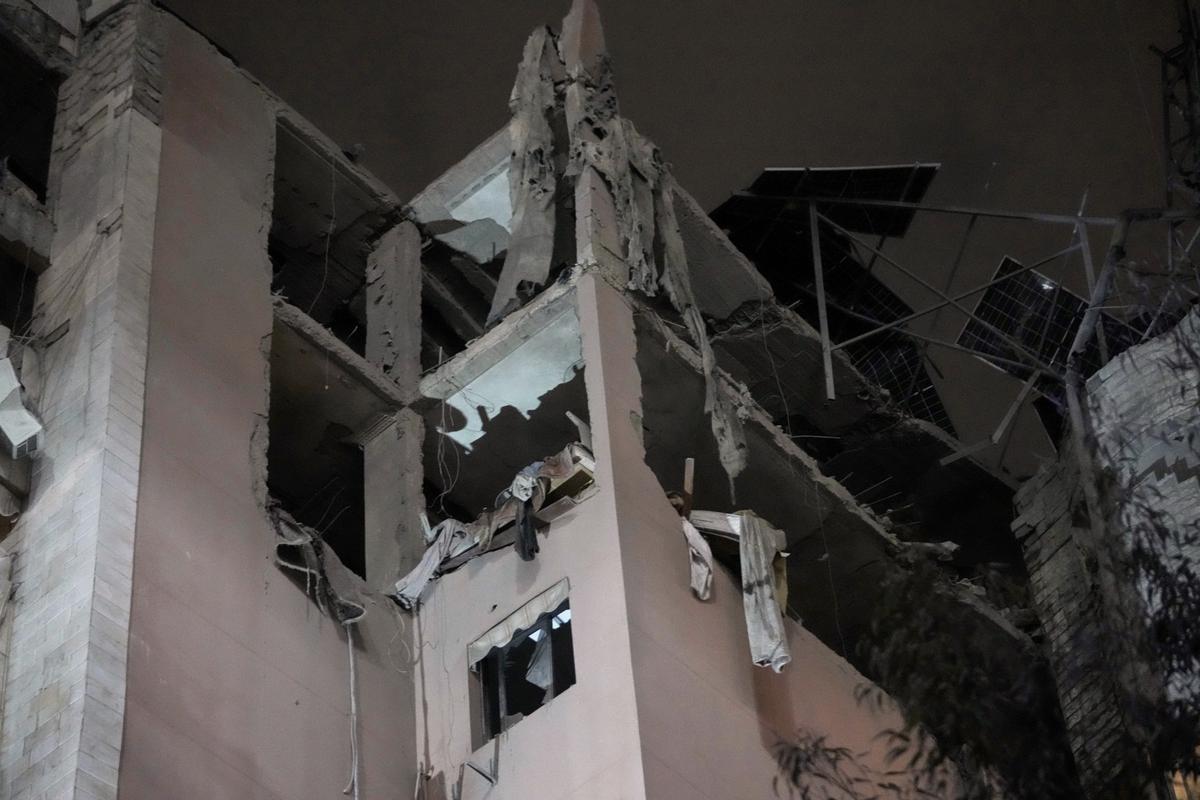Tens of thousands of Israelis took to the streets on Sunday night, September 1, in one of the largest anti-government demonstrations since the onset of the Gaza war nearly 11 months ago.
The protesters, many of whom chanted “Now! Now!”, demanded that Israeli Prime Minister Benjamin Netanyahu reach a ceasefire deal with the Palestinian group Hamas to secure the release of remaining hostages.
The protests escalated following the tragic discovery of six more Israeli captives found dead in Gaza, leading to widespread public anger. Scuffles between protesters and security forces were reported, with major roads in Tel Aviv blocked and demonstrations occurring outside Netanyahu’s office in West Jerusalem.

In a statement, the Hostages and Missing Families Forum, representing the families of those held captive in Gaza, directly blamed Netanyahu for the deaths of the six hostages, criticizing his failure to secure a ceasefire and bring their loved ones home.
Amidst this growing unrest, the Histadrut, Israel’s largest trades union federation, announced a general strike to pressure the government into reaching a ceasefire deal.
The union declared that Ben Gurion Airport, the country’s main air transport hub, would be closed starting 8 am on Monday, September 2, aiming to disrupt key sectors of Israel’s economy, including banking and healthcare.
“A deal is more important than anything else,” said Histadrut chief Arnon Bar-David. “We are getting body bags instead of a deal,” Bar-David emphasized that the strike had the backing of Israel’s main manufacturers and high-tech entrepreneurs, signalling the immense public frustration with the government’s handling of the hostage situation.
The Manufacturers Association of Israel echoed these sentiments, accusing the government of failing in its “moral duty” to bring the captives home alive.
“Without the return of the hostages, we will not be able to end the war, we will not be able to rehabilitate ourselves as a society and we will not be able to begin to rehabilitate the Israeli economy,” stated Ron Tomer, head of the association.

Municipal services in Tel Aviv, Israel’s economic hub, will also be shut down for part of Monday in solidarity with the strike.
Israeli opposition leader and former Prime Minister Yair Lapid expressed his support for the strike, further intensifying the political pressure on Netanyahu.
However, Finance Minister Bezalel Smotrich has called on Attorney General Gali Baharav-Miara to block the strike, arguing that it lacks legal justification and could cause significant economic damage during wartime.
Negotiations between Israel and Hamas for a ceasefire have dragged on for months, with Netanyahu facing increasing criticism for his inability to secure a deal.
The Israeli military has acknowledged the difficulties in rescuing the remaining captives, stating that only a deal can ensure their large-scale return.
Since the conflict began on October 7, the Israeli military has killed at least 40,738 people and wounded 94,154 in its war on Gaza. The Hamas-led attacks on October 7 resulted in the deaths of 1,139 people in Israel, with approximately 250 people taken hostage by the group.
Read Also: Israel Launches Major Military Operation in West Bank

